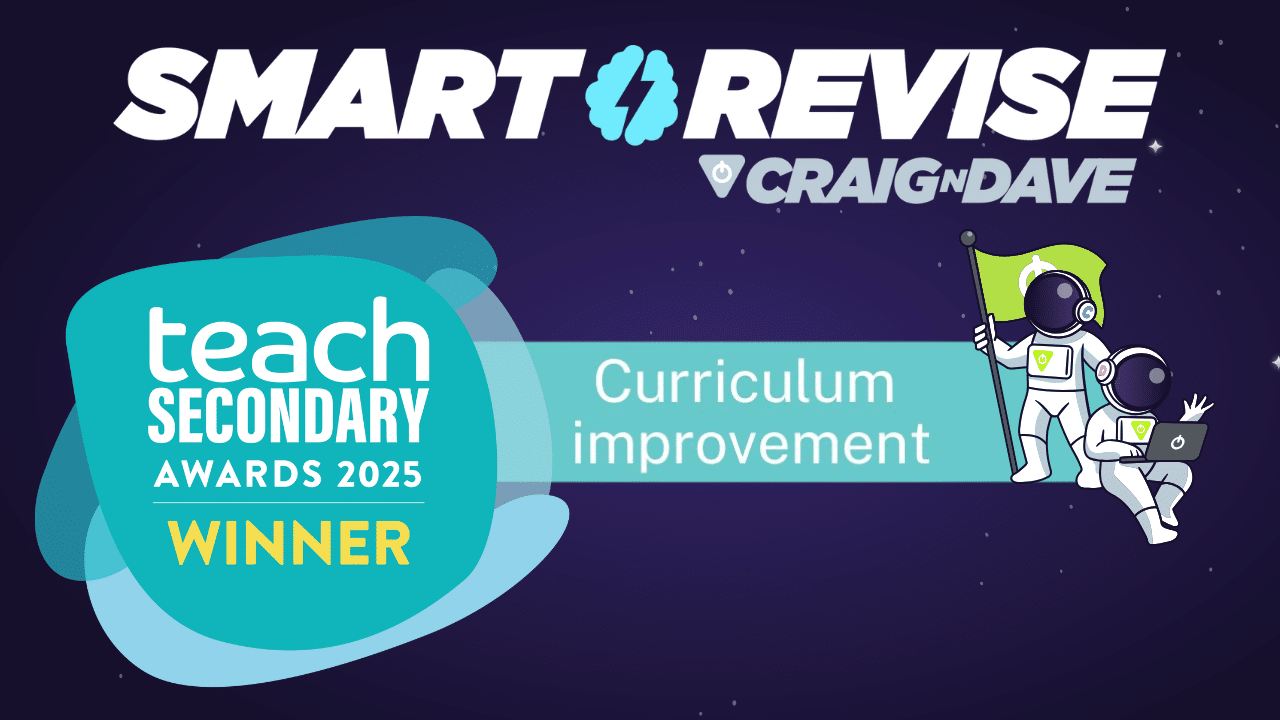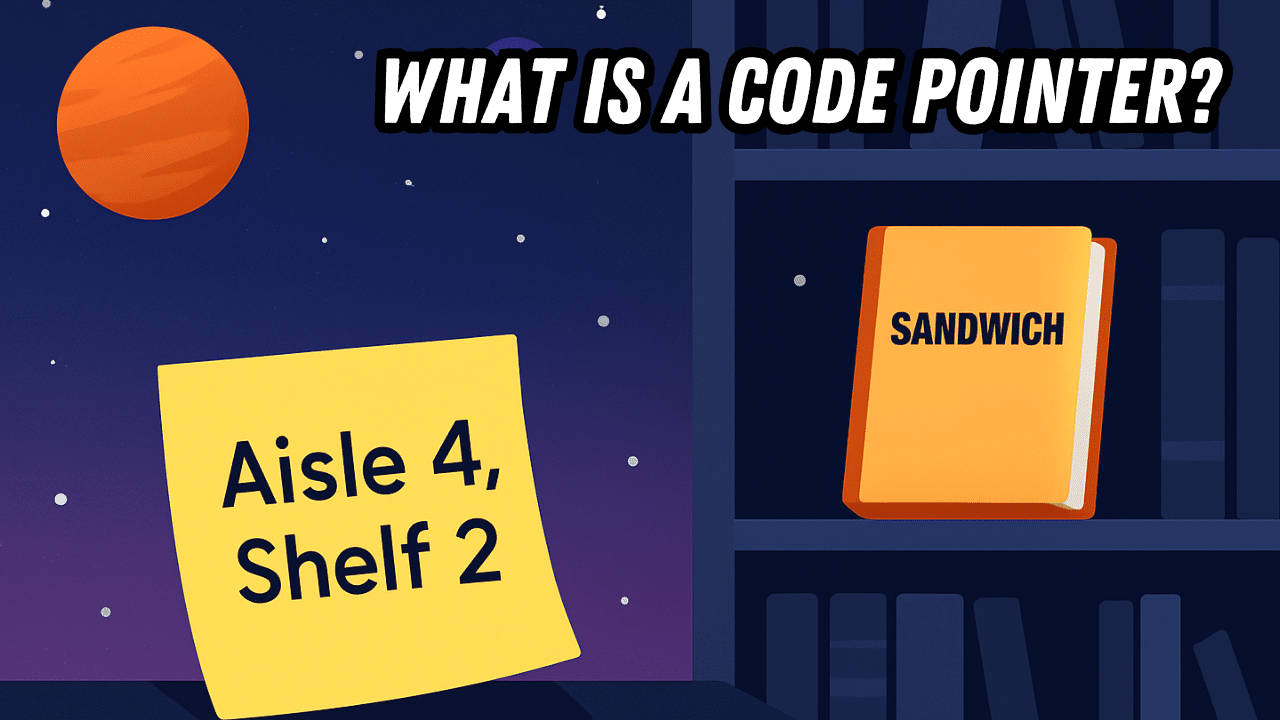
30 September 2025
You’ve probably heard of blockchain in the news or while discussing cryptocurrency. But what exactly is it? It sounds complicated, but at its core, blockchain is just a digital ledger that everyone can access but no one can tamper with. Imagine a game of Monopoly with your friends, but instead of a single banker, everyone keeps their own records. Sounds a bit strange, right? Let’s break it down.
What is blockchain? Think of it like a giant ledger
Let’s say you and your mates are playing Monopoly, but this time, instead of trusting one person to hold the bank, everyone keeps a copy of the transaction records. If someone buys Mayfair or lands on Free Parking, everyone checks their own record. Only if everyone agrees does the transaction get added to the official list. And once it’s added, it’s permanent—no going back.
This process is essentially what happens in blockchain. It’s a decentralised ledger that records transactions across many computers, rather than relying on a single authority. This makes blockchain secure and transparent because no one person or entity controls it.
The role of cryptography in blockchain: Solving puzzles for security
Now, it gets a bit more technical. Blockchain transactions are verified through cryptographic puzzles. Imagine trying to solve a Rubik’s Cube blindfolded. It’s tough, right? Well, in blockchain, a network of computers works nonstop to crack these complex puzzles. The first computer to solve the puzzle gets rewarded with cryptocurrency, like Bitcoin. This process is known as mining.
It’s not just a game of solving puzzles though—this system keeps transactions secure and ensures that no one can cheat or alter the records.
Why is blockchain important? It’s more than just Crypto
You might think of cryptocurrency when you hear the word blockchain, but it’s more than just digital money. Blockchain is revolutionising industries beyond finance. It’s being used in everything from supply chain tracking to securing medical records. However, it’s also a bit chaotic—while some people use it for buying things online, others treat it as a speculative investment, hoping to get rich quick.
Blockchain in a nutshell
So, next time you hear someone trying to explain blockchain with a thick whitepaper, just remember: It’s like a global game of Monopoly where no one trusts the banker, transactions are visible to everyone, and some people are trying to make a quick buck.
To learn more about blockchain and how it works, check out our full video.
For more resources on computer science, be sure to visit the Craig’n’Dave website.











